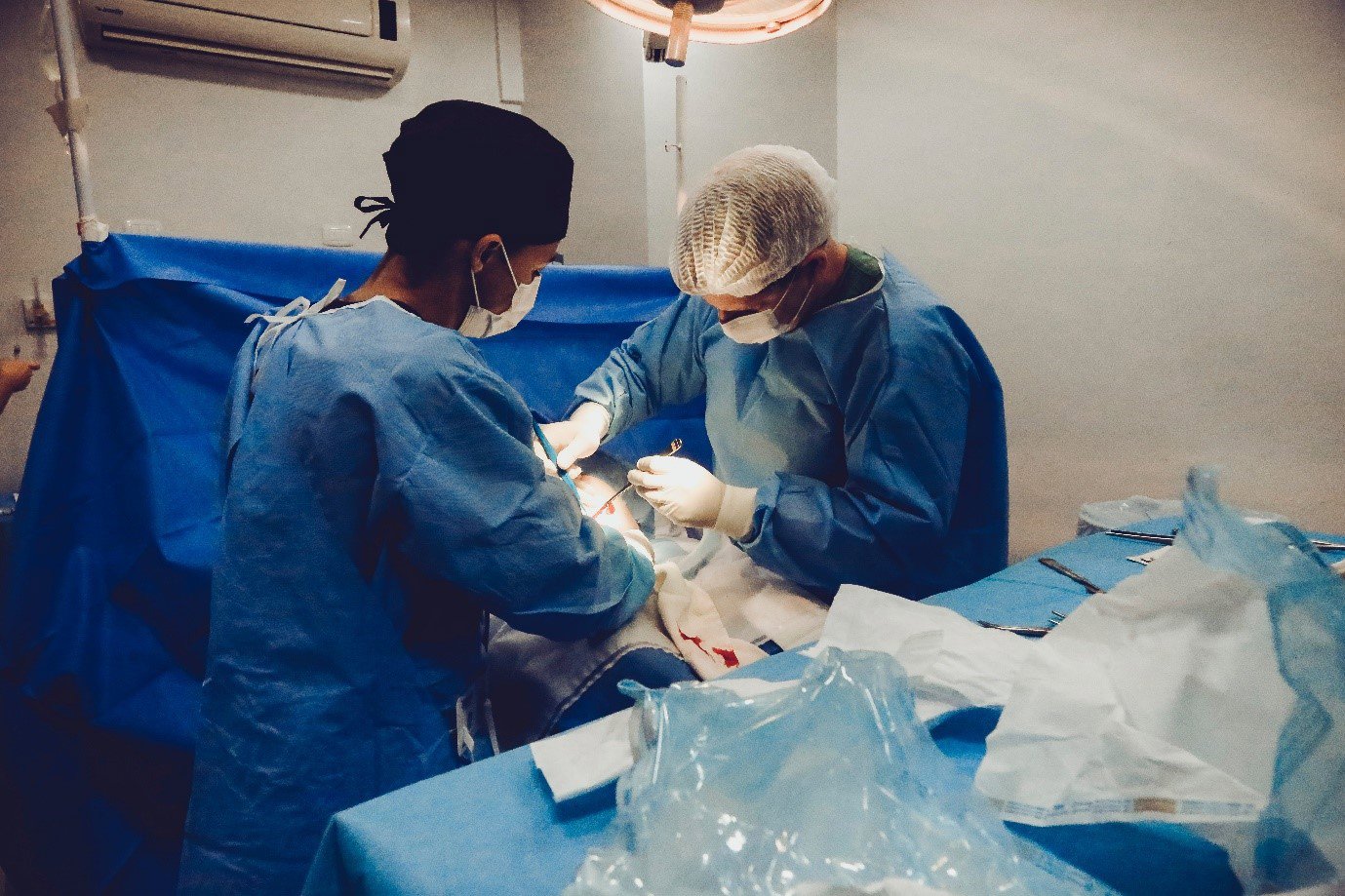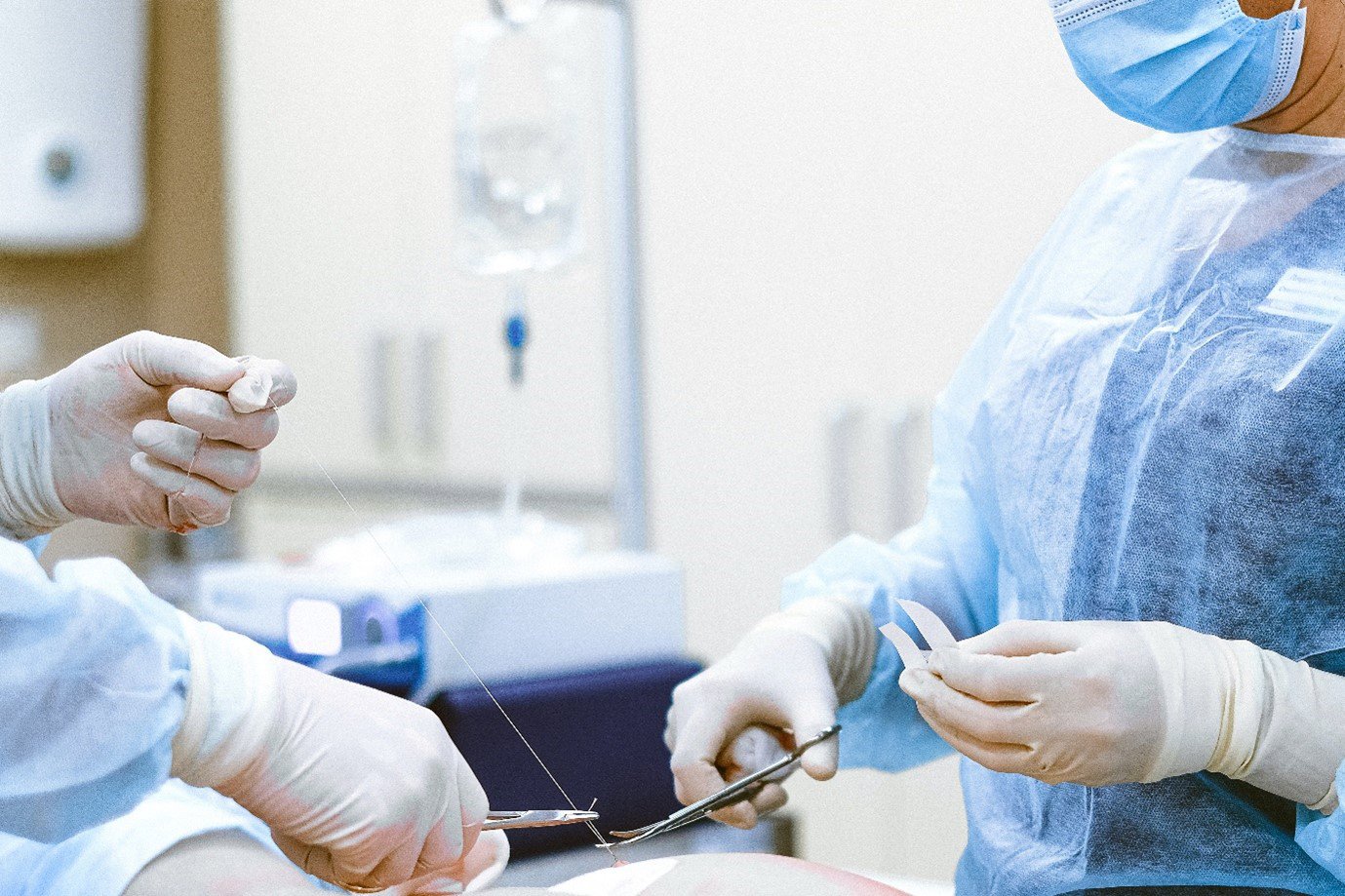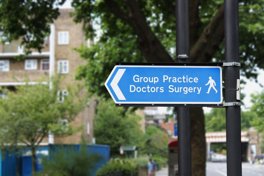What is Wrong Site Surgery?
Wrong site surgery is as the name suggests, when a patient experiences a surgical procedure that was performed on the wrong body part or person.
These types of events are entirely preventable and there are strict protocols in place that allow patients to hold the relevant parties responsible.
The World Health Organisation (WHO) offers a safety checklist for surgical procedures which the medical professionals performing the surgery must comply with.
This checklist states that a patient must be fully informed about the procedure beforehand and that they are notified of any potential risks. It also states that the patient should provide their written consent for the procedure to take place.
It is standard practice for medical professionals to make sure that the body part is clearly marked before the procedure is performed. It is also required for everyone involved in the patients care to be aware of the medical history.
Every time a wrong site surgery occurs, it highlights a failure and weakness within the procedures that the organisation has in place to help protect their patients.
Examples of Wrong Site Surgery
Typical examples of wrong site surgery include:
- Operating on the wrong limb or eye
- Operating on the wrong internal organ
- Performing surgery on the wrong patient
How Common is Wrong Site Surgery?
Between 1st April 2022 and 31st March 2023, there were 169 cases of wrong site surgery reported to the NHS.
These were classed as Never Events – incidents that should never occur – and wrong site surgery accounted for 44% of all the Never Events reported overall during this period.
Between the period of 1st April 2023 and 30th September 2023, there were 92 reports of wrong site surgery reported to the NHS.
Some of these reports included:
- Biopsy from the wrong area
- Both tonsils removed when the surgical plan was to remove one
- Injection to the wrong site
- Eye injection that wasn’t required
- Procedure that was intended for another patient
- Removal of both ovaries when the surgical plan was to conserve them
- Biopsy of the wrong organ
- Incision to the wrong organ
- Injection to the wrong organ
- Removal of an organ when the surgical plan was to conserve it
- Wrong skin lesion biopsy
- Wrong procedure
Thankfully, these incidences are rare in the context of the total number of operations carried out by the NHS. But it’s clear that they’re continuing to happen every year and having terrible consequences for those affected.
Despite cases of wrong site surgery is on a slight decline, even just one incident is one too many.
What’s the Cause of Wrong Site Surgery?
The reasons for surgery being performed in the wrong place can vary from patient to patient, but common causes include:
- Failing to follow national guidelines and safety protocols
- Communication errors
- Human error
- Carelessness

What Should NHS Trusts Do if Wrong Site Surgery Happens?
Each time a Never Event like this happens, the NHS Trust responsible is expected to carry out a thorough investigation to identify the cause. They should then take action to make sure the mistake isn’t repeated.
But the ongoing volume of wrong site surgery cases suggests that processes aren’t being adapted sufficiently and that some patients are suffering life-changing injuries as a result.
If you or a loved one has been affected by wrong site surgery, our Medical Negligence Solicitors can help you.
We’re happy to discuss your situation in a free claims assessment, and let you know if you have a good chance of claiming compensation and getting any specialist care and support you may need.
Why Make a Claim for Medical Negligence?
While most surgical procedures carry an element of risk, this should always be discussed with you before you give your consent. If any errors are made, such as wrong site surgery, this isn’t necessarily classes as a recognised risk of surgery. Wrong site surgery is known as a “never event” because it should never happen to any patient. When it does, it is always as a result of negligence. If you have been a victim of wrong site surgery, you have a case worth investigation.
When you realise that wrong site surgery has happened to you, the error needs to be reported to those who are responsible and have a duty of care to you. By reporting these incidents, you are helping to prevent them from happening again.
To establish a successful claim, it needs to be demonstrated that negligence has occurred. It also needs to be proven that because of the negligent treatment, you have suffered an injury or been put in a worse position than you otherwise would have been in, but for the negligence. To do this, we need to highlight that the standard of care that you received fell well below what you could have reasonably expected.
Further, the injury that you suffered must be directly linked to the wrong site surgery procedure, rather than as a result of another condition. You also need to consider any costs that you will have because of your wrong site surgery, such as ongoing treatment, recovery, and loss of earnings. Claiming compensation will help fund your recovery.
Is There a Time Limit to Make a Claim?
Usually, there is a three-year period where you must make your claim. This period runs from the date of knowledge when you became aware of the negligence that you had suffered.
It’s important to note that there are a few exceptions to this. If the patient is a child or someone with limited mental capacity, their case may be investigated even after this period has passed. You may also be able to start a claim after the three-year period if you can show exceptional circumstances, as to why you were unable to claim sooner.
Can I Make a No Win, No Fee Claim?
Yes, here at Simpson Millar, we offer a No Win, No Fee claim in England and Wales. If you have suffered an injury or loss of earnings as a result of wrong site surgery, you don’t have to worry about any upfront costs. If your claim is unsuccessful, then you will not have to pay any legal fees at all. Why not give us a call today, to see how we can help your case?
How Simpson Millar Can Help You
If you want to discuss whether or not you have a claim for compensation as a result of wrong site surgery, get in touch with our team today. Our experts will assess the likely prospects of your case and will advise accordingly. If we determine that there is a claim worth investigating, we will offer full support and guidance throughout the process.
Our legal Medical Negligence Solicitors can offer you a free consultation, where you will be afforded the opportunity to provide all details of the incident.











